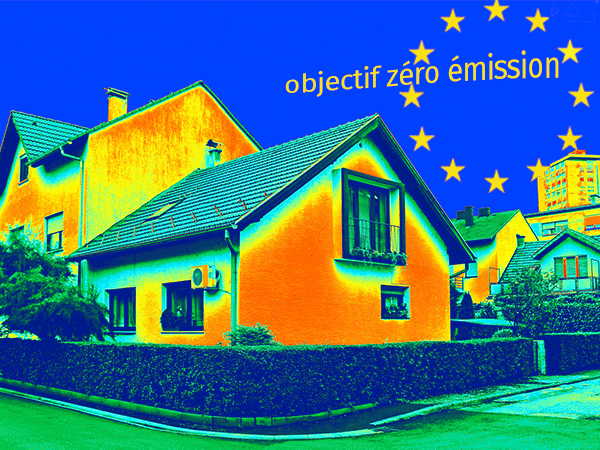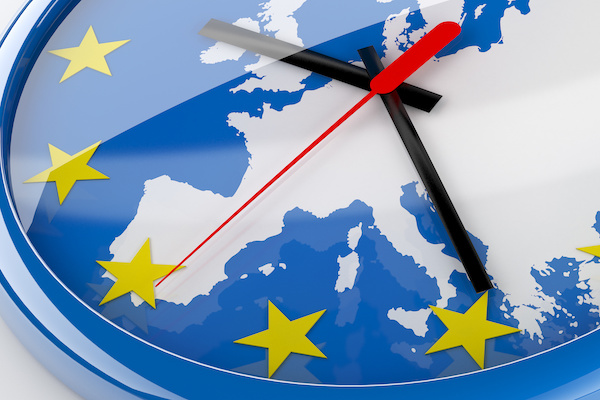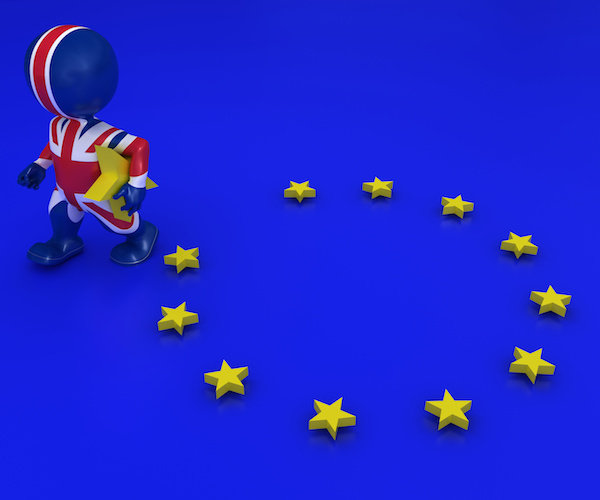06 April 2016
Energy efficiency: consume less or consume better?


Key component of the European energy policy, energy efficiency has still not been massively integrated into consumption habits. The explanation is both simple and complex: Europe keeps maintaining confusion between the real key objective in terms of fight against climate change – CO2 emission reduction – and the means to achieve it. Furthermore, the current context characterized by low cost of fossil energy does not really incentivize consumers to adapt their consumption behavior, thus exacerbating this confusion…
It is now time to call a spade a spade! If we want to give ourselves the means to make energy efficiency a reel leverage to transform our societies, over dependent on fossil energies, we have to face reality: without proper CO2 price, it will take years, if not decades, to move forward.
Indeed, contrary to common and repeated beliefs, the major challenge for energy efficiency is not how to consume less but how to consume better. Put differently, it is to drive our consumption towards energy sources that emit as less CO2 as possible. There lies the real energy efficiency challenge, which is intrinsically linked to the challenge of the fight against climate change. Needless to say it is not easy to overcome given that there is no real incentive today with a desperately low carbon price. Yet, as long as this issue has not been addressed, Europe will struggle in significantly upholding its Energy efficiency policy.
From energy efficiency to climate efficiency
The issue at stake goes even beyond. By failing to couple its energy efficiency approach with an ambitious industrial strategy of energy shifting from oil and coal towards low carbon or carbon-free electricity, Europe might overlook climate efficiency! Not only will Europe remain energy and economically dependent on countries producing high-CO2 emitting energies, but it will also fail to support the development of a strong industrial sector in the field of energy efficiency. Here again, it is quite a challenge considering the extremely low carbon and oil prices. Moving from energy efficiency to climate efficiency thus requires a comprehensive, long-term vision focused on priority sectors, namely agriculture (which is often forgotten but with constant emissions) but most importantly transport (sector where CO2 emissions are increasing at the fastest pace) as well as buildings (suffering from the lack of prioritization of energy efficiency actions, which would give priority to those presenting the best ratio “cost/return on investment period/ energy and climate efficiency”). Far from being treated separately, the two latter should by the way be integrated into any urban policy: by focusing exclusively on thermal building envelop (although very much essential), we are neglecting the impact of housing incentive policies, which accelerate urban spread, subsequently increasing energy consumption as well as GHG emissions stemming from transport uses.
Overall, the challenge for the European Union in terms of energy efficiency is not primarily to set ambitious objectives on volume of energy savings but rather to target and place energy efficiency at the core of a low-carbon strategy supporting the fight against climate change.
Find out more
02 June 2020
“Long live Europe”: it’s time for Europe!
25 February 2020
Brexit: love last 47 years


About us
The Union of the French Electricity Industry is the trade association of the French electricity sector. We bring together companies from the whole value chain of the electricity industry.
Find out more









